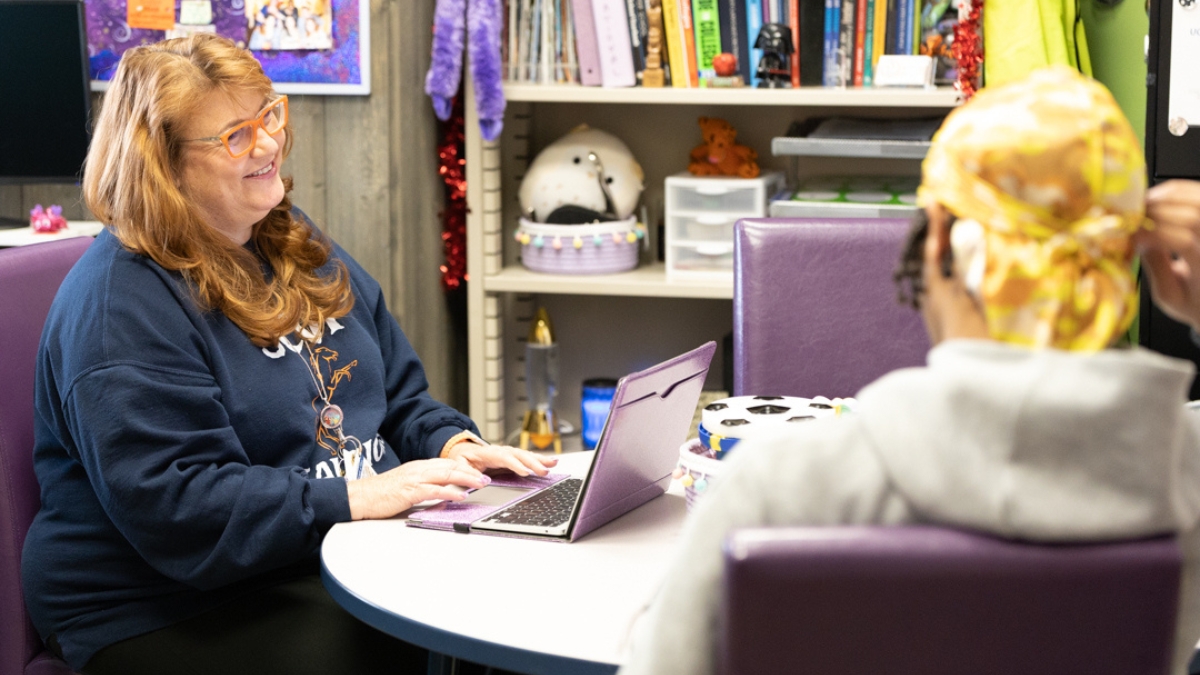Why We Use the Terms ‘Facilitator’ and ‘Learner’

What’s the difference between a teacher and a facilitator?
A teacher and a facilitator are both educators, but they have different roles and responsibilities in the learning process. While a teacher’s role is more focused on imparting knowledge and instructing students, a facilitator’s role is more focused on guiding and supporting learners in their learning process. To help learners master core academic content, a facilitator may use a variety of techniques, such as group discussions, projects, and inquiry-based learning.
What’s the difference between a student and a learner?
In a traditional educational setting, the role of the student is to attend classes, complete assignments, and pass exams to demonstrate their knowledge and competency. A learner, on the other hand, is someone who is engaged in the process of acquiring knowledge and skills. The term “learner” implies a more active and self-directed approach to education, while “student” implies a more passive and dependent approach. A learner takes ownership of their learning process, seeking out information and experiences that will help them achieve their goals, while a student typically follows a more structured and prescribed approach to learning.
How do facilitators support learners at SCVi?
At SCVi, our fully credentialed facilitators challenge our learners to master core academic content by providing real-world problems to solve, which helps learners connect what they are learning to real-world applications and increases their motivation to learn. Our facilitators encourage collaboration, foster creativity and innovation, provide support and guidance, and create a safe and supportive learning environment. They provide emotional support, celebrate successes, help learners learn from their mistakes, and support them as they dive into deeper learning. As a result, our learners not only master core academic content but gain crucial skills for success in life, including critical thinking and problem-solving, collaboration, effective communication, self-directed learning, and a growth mind-set.

